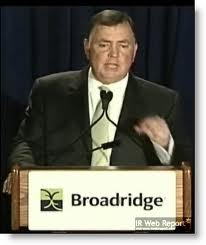 Those who work in corporate communications and public affairs have long held that companies must operate in the larger public interest. Now, Hillary Sale, a law professor at Washington University has coined a new term, “publicness” as she examines the Model Business Corporation Act and describes a set of responsibilities that U.S. companies need to better handle.
Those who work in corporate communications and public affairs have long held that companies must operate in the larger public interest. Now, Hillary Sale, a law professor at Washington University has coined a new term, “publicness” as she examines the Model Business Corporation Act and describes a set of responsibilities that U.S. companies need to better handle.
Communication professionals have pointed to Arthur W. Page, a PR executive for AT&T from 1927 to 1946 who developed a set of principles about how a company should operate including “a successful corporation must shape its character in concert with the nation’s. It must operate in the public interest, manage for the long run and make customer satisfaction its primary goal.”
Professor Sale has used the law to describe how officers and directors of companies should act. She attributes the creeping regulation as a result of “the failure of officers and directors to govern in a sufficiently public manner has resulted not only in scandals, but also in more public scrutiny of their decisions, powers and duties.” The government and the media, she says, is driven by the public, and now “have increasing influence over corporations, which requires a change in the way officers and directors understand and do their job.”
CEOs and corporate directors would do well to read her excellent article in the Duke University journal, “Law and Contemporary Problems.”
The bell has already been rung. The government and a larger public are involved in corporate governance and their concerns need to be addressed.






